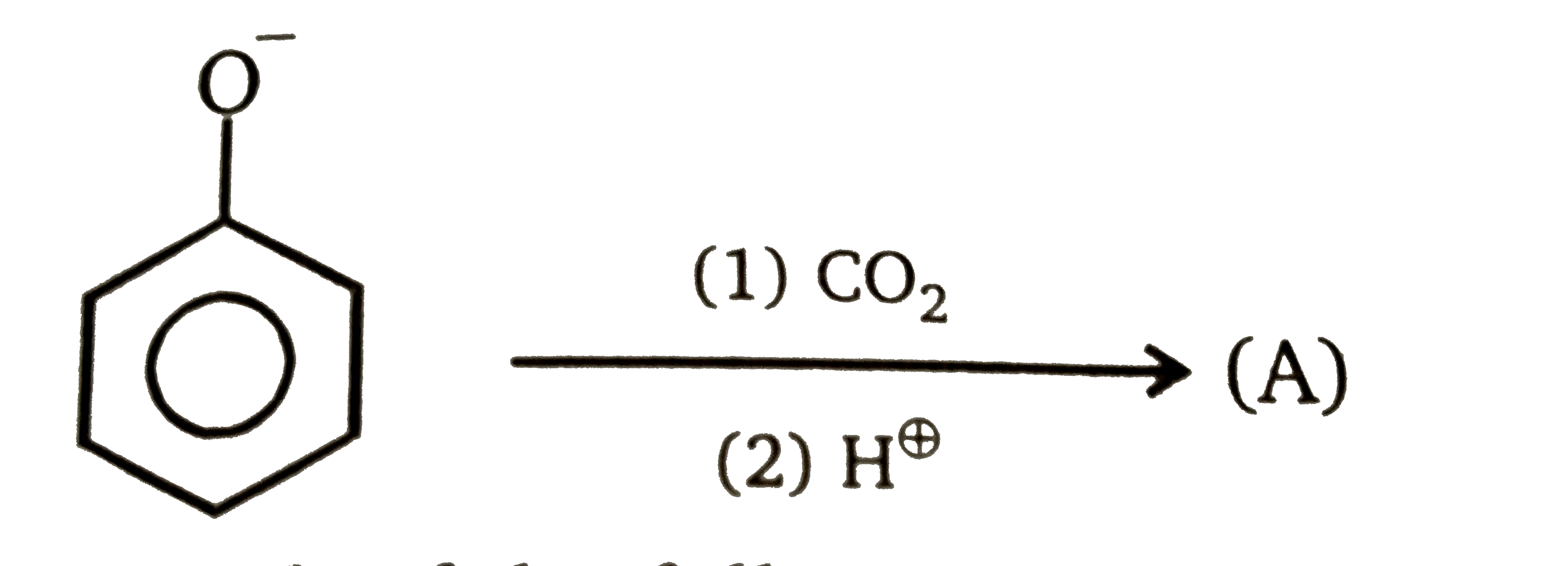Which of the following statements about zero order reaction is not true
Its unit is molL−1time −1
The graph between log (reactant) versus rate of reaction is a straight line
The half for zero order reaction is independent of initial concentration.
Rate of reaction is independent of concentration of reactants
The correct Answer is:C
To determine which statement about zero-order reactions is not true, let's analyze the characteristics of zero-order reactions step by step.
1. Definition of Zero-Order Reaction:
A zero-order reaction is defined as a reaction where the rate of reaction is constant and does not depend on the concentration of the reactants. The rate law for a zero-order reaction can be expressed as:
Rate=k
where k is the rate constant.
Hint: Remember that in a zero-order reaction, the rate remains constant regardless of the concentration of reactants.
2. Units of Rate Constant (k):
The unit of the rate constant k for a zero-order reaction can be derived from the rate equation. Since the rate is expressed in terms of concentration per time (e.g., mol/L/s), the unit of k for a zero-order reaction is:
Unit of k=mol L−1s−1
Hint: Units of k vary with the order of the reaction; for zero-order, it involves concentration per time.
3. Integrated Rate Law:
The integrated rate law for a zero-order reaction is given by:
(A)=(A)0−kt
where (A) is the concentration of the reactant at time t and (A)0 is the initial concentration.
Hint: The integrated form shows how the concentration decreases linearly over time.
4. Half-Life of Zero-Order Reaction:
The half-life (t1/2) of a zero-order reaction is given by:
t1/2=(A)02k
This indicates that the half-life is directly proportional to the initial concentration (A)0.
Hint: Unlike first-order reactions, the half-life of zero-order reactions is dependent on the initial concentration.
5. Conclusion:
Now, let's summarize the statements:
- The rate of a zero-order reaction is independent of the concentration of reactants. (True)
- The half-life of a zero-order reaction is independent of the initial concentration. (Not True)
- The rate constant k has units of concentration per time. (True)
Therefore, the statement that is not true about zero-order reactions is that the half-life is independent of the initial concentration.
Final Answer:
The statement that is not true about zero-order reactions is: The half-life of the reaction is independent of initial concentration.
A zero-order reaction is defined as a reaction where the rate of reaction is constant and does not depend on the concentration of the reactants. The rate law for a zero-order reaction can be expressed as:
Rate=k
where k is the rate constant.
The unit of the rate constant k for a zero-order reaction can be derived from the rate equation. Since the rate is expressed in terms of concentration per time (e.g., mol/L/s), the unit of k for a zero-order reaction is:
Unit of k=mol L−1s−1
The integrated rate law for a zero-order reaction is given by:
(A)=(A)0−kt
where (A) is the concentration of the reactant at time t and (A)0 is the initial concentration.
The half-life (t1/2) of a zero-order reaction is given by:
t1/2=(A)02k
This indicates that the half-life is directly proportional to the initial concentration (A)0.
Now, let's summarize the statements:
- The rate of a zero-order reaction is independent of the concentration of reactants. (True)
- The half-life of a zero-order reaction is independent of the initial concentration. (Not True)
- The rate constant k has units of concentration per time. (True)
The statement that is not true about zero-order reactions is: The half-life of the reaction is independent of initial concentration.
Topper's Solved these Questions
Similar Questions
Knowledge Check
Which of the following statements about order of a reaction is true?
AThe order of reaction increases with increase in temperatureBThe order of reaction can be determined from the balanced equationCA second order reaction is also bimolecularDThe order of reaction can only be determined by experimentWhich one of the following statements about the order of a reaction is true?
AThe order of a reaction can only be determined by experiment.BThe order of a reaction increases with increase in temperature.CThe order of a reaction can be determined from the balanced equationDA second order reaction is also bimolecular
Which of the following is true statement about the reaction?AOrtho isomer is major if PhONa is usedBPara isomer is major if PhOK is usedCProduct formed is further used for preparation of drug aspirinDAll of these
Which of the following statements about the Indus civilization is not true?
View SolutionWhich of the following statements about weight is true?
View SolutionWhich of the following statements about first order is not true?
View SolutionWhich of the following represents zero order reaction ?
View SolutionWhich of the following is note for zero order reaction ?
View Solution
